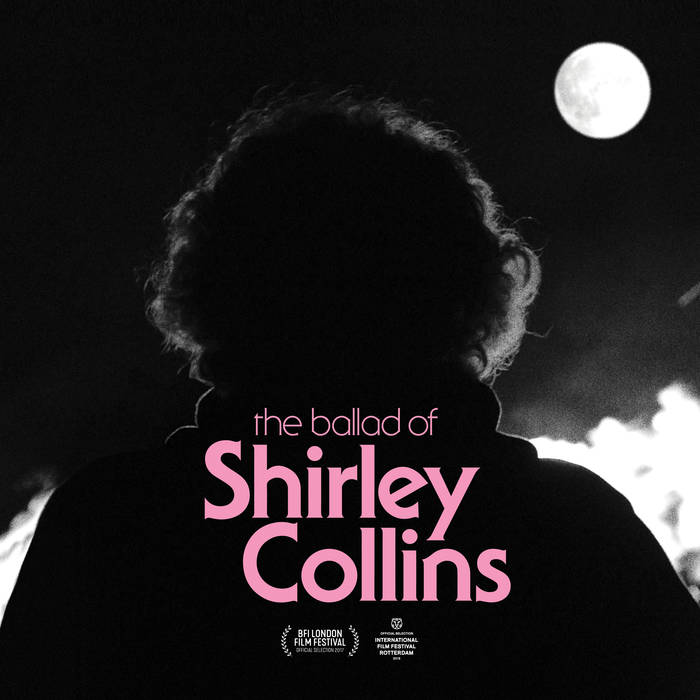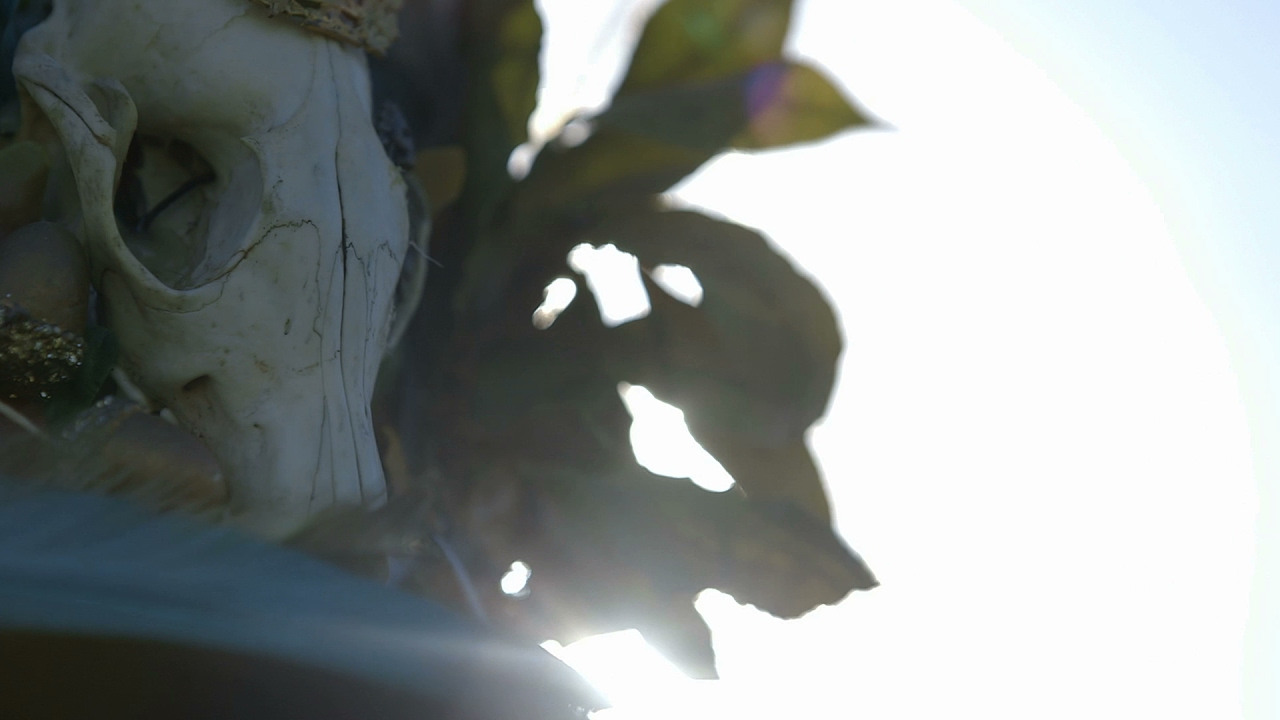The soundtrack to The Ballad Of Shirley Collins starts with something rather shocking. Over the sound of a crackling fire the veteran folk singer is heard saying "There are some great female voices around now, but I’m not one of them. I wish I was." Given her recent live appearances have been touching, emotional affairs, it’s rather devastating to hear Collins’ own verdict on her return after notorious decades of silence in which she avoided even singing in the shower. In this time, Collins’ place at the heart of the story of English and American folk music was neglected in favour of a male-dominated narrative, and she was only persuaded to return to song by the pestering of Current 93’s David Tibet. The story of how she rediscovered song is finely told in The Ballad Of Shirley Collins which, if you haven’t already seen it, you should track down now. You can hear the treasure that came from the rediscovery of what her voice can do in 2016’s Lodestar, an album in which Collins and her stripped-back band make songs, some centuries old, resonate with a curiously vibrant psychedelia.
What I love about Shirley’s voice now is that she sounds exactly like how I imagine a folk singer to be, every octave quavering with decades of experience, loves lost and lessons learned – or not learned. That’s very much what’s evident throughout this beautifully curated record, a collage of spoken word from The Ballad Of Shirley Collins, old recordings made in the 1950s and 60s on her travels capturing old songs from old souls in the American South, and songs by herself and others of the folk revival movement. Shirley’s voice now is there with the recording here of Horton Barker singing ‘A Rich Irish Lady’, his voice querulous but loaded through lips that whistle with the ‘s’ sounds. After all, as Shirley says at one point, "You don’t want anything perfect, do you." It was and is the cracks in the voices, the forgotten lyrics, the chuckles that sneak out, that give the emotional heft to the powerful narratives of hard-working lives.
The Ballad Of Shirley Collins soundtrack is an album as autobiography in itself, her recording sessions with Alan Lomax interspersed with song. It’s an incredibly effective device – a rendition of ‘Pharoah’ by Sidney Hemphill Carter, warm wood knocking behind the haunting vocals, is followed by Shirley telling the family that the song has been a lullaby, sending the baby to sleep. "I don’t call myself can sing now," says Carter, echoing Collins’ contemporary words. Then there are odd, charming moments that make everything feel very present, like a 12-second mic screech outtake from 1959, and musical gold throughout, like the banjo on George Stoneman’s ‘Sally Anne’ that flickers like a hummingbird’s wings.
But most of all you get such a wonderful sense of Shirley Collins as one of the great characters of both ancient and modern English cultural history, and a bridge between worlds. This also comes across with eloquent heft in forthcoming memoir All Along The Downs. Here, in the interview segment ‘There’s Never Been A Merry England’, she perfectly encapsulates the idea that you can at once love the landscape and music of a nation while being aware of its flaws and horrors. This is, I feel, something incredibly important in this time when debate has been polarised between right-wing yah-yah jingoists and those who’d denigrate everything about England as #problematic, as if a chalk down could be held responsible for the slave trade.
Most moving of all are the final three pieces on the album, a coda seemingly in tribute to Shirley’s beloved sister Dolly. The first is Ossian Brown and Mike York of Coil and Cyclobe playing a wavering accompaniment to a poem about the two girls as children. It’s followed by Dolly herself singing ‘Missa Humana’ in a lovely recording that has her piano fading into birdsong before the final track, Shirley Collins’ take on ‘Wondrous Love’. It’s heartbreaking.
This is such an utterly charming, powerful and frequently moving album that transcends the customary ‘will this do?’ laziness of the soundtrack release. Through it, and in Shirley Collins’ continuing work and wondrous voice, the old songs remain vital and alive.



